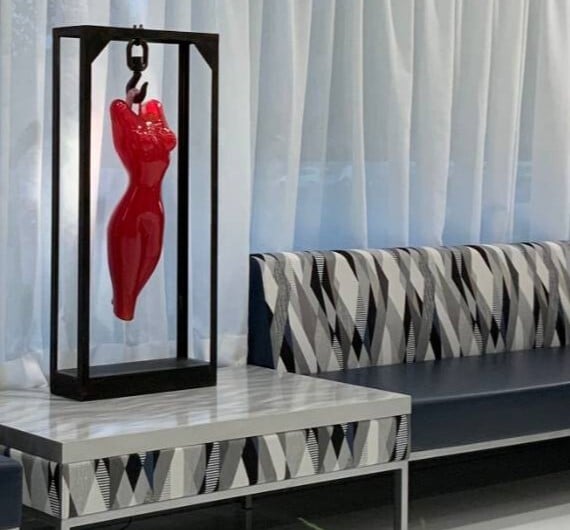Occasionally patients inquire about upcoming dental work and breast implant surgery. We offer the following guidelines and recommendations.
If you will be undergoing a dental, gynecological, urological or gastrointestinal procedure including endoscopy, we strongly advise you to alert your doctor to the fact that you have breast implants. It is recommended that he/she prescribe antibiotics for at least 72 hours that will cover the types of organisms consistent with that anatomical area being treated. You should receive your first dose of antibiotics about one hour before the procedure, in most cases.
The mouth is full of bacteria. When the mouth is instrumented during a dental procedure such as root canal, there is transient escape of bacteria through tiny breaks in the oral mucosa into the bloodstream. Normally, our own immune systems will kill and remove the bacteria from the blood stream. However, if the bacteria comes in contact with an area of the body that could offer them protection from the immune system, then the bacteria could safely reside in that area and multiply, possibly causing an infection or capsule contracture.
Capsule contracture is a condition where the normal thin layer of scar tissue that forms around all breast implants becomes thickened, and contracts. As it contracts, the breast will elevate on the chest and feel firm or even hard. Although there is no certainty as to the cause of this condition, it is felt that it is due to two contributing factors: blood accumulating around the implant after surgery has been completed which results in the formation of a “bio-film” that protects any bacteria lying within it from the body’s immune system and bacterial contamination of this bio-film, setting up a low grade chronic infection. If this happens, you may not know it is occurring, at least not initially as the breast does not get hot, red and painful as it would if you had an acute infection.
Placement of an implant into the breast while there is an existing active infection such as a dental infection, urinary infection or other bacterial infection is not advisable because of the possibility of bacteria entering the bloodstream and contaminating the implant or wound, creating an overt infection (red, hot breast) or possibly stimulate capsule contracture. In this regard, any one with an active infection should not undergo breast implant surgery until antibiotic therapy is no longer indicated and the infection has had time to clear. We also recommend not undergoing an elective dental procedure within three weeks of your breast implant surgery (either before or after surgery). If you have an active infection in your mouth that needs to be treated, then this takes priority over the breast implant surgery. Breast implant surgery should be postponed at least six weeks (or more if necessary to clear the infection) and your dentist will need to provide a written statement that the infection has been completely cleared. This includes, but is not limited to, needing root canal surgery because of a dental infection.
In summary, if in the future, after your breast implant surgery, you are to undergo dental work or a procedure in a body cavity which normally contains bacteria (i.e. mouth, urinary or gastrointestinal tract ), it is advisable for you to obtain prophylactic (preventative) antibiotics from the physician performing the procedure to protect the implants from the possibility of infection and/or capsule contracture.
Prev Section: Breast Augmentation and Pregnancy »
Next Section: Implant warranties »
Sections – Important Things to Consider
- Why is Smoking Dangerous When Having Surgery?
- When is a cheap augmentation not so cheap?
- How to Tell if your Surgeon is Really a Board-Certified Plastic Surgeon
- Breast Augmentation and Pregnancy
- Breast Implants and Dental Work
- Implant warranties
Prev Chapter: What else should I know about breast augmentation? »
Next Chapter: Revision of breast augmentation »
Chapters – Breast Augmentation Guide
- Intro to Breast Augmentation
- Preservation Breast Augmentation – A New Era!
- Motiva Implants – What You Need to Know
- Five key decisions you need to make
- One-Day Recovery Breast Augmentation
- Anesthesia – General, Sedation or Local?
- Breast Lift (Mastopexy) with/without Implants or Fat
- What else should I know about breast augmentation?
- Important Things to Consider When You Decide to Move Forward With Breast Augmentation
- Revision of breast augmentation
- ALCL and Breast Implant Illness


